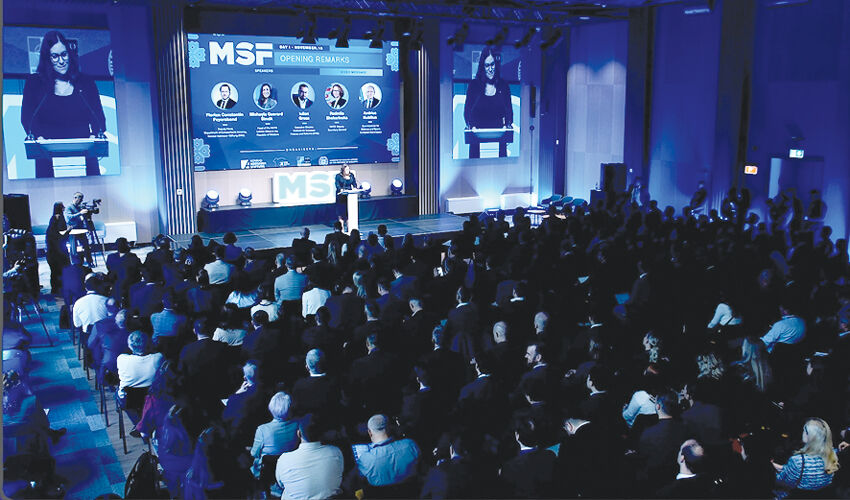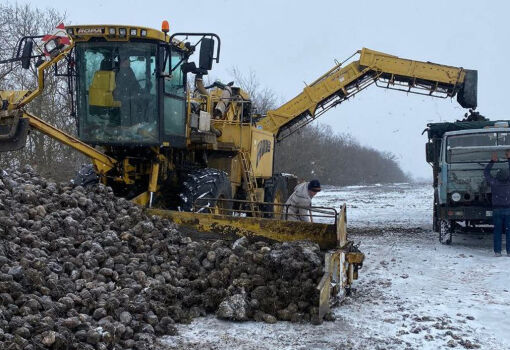
The head of the NATO liaison office in Moldova, Mihaela Gerard Simac, said that the idea of the event was born in their institution, after which they applied to the Konrad Adenauer Foundation, which financed the summit.
The Moldova 2025 Security Forum was designed to bring together government officials, diplomats, representatives of EU and NATO institutions, leading think tanks and civil society to discuss the growing complexity of hybrid threats against democratic sustainability, electoral processes and Moldova’s European integration.
The focus was to be on disinformation, algorithmic warfare, cyber threats, economic dependency and coordinated regional response strategies.
Moldova will develop a National Resilience Plan for public institutions to strengthen their capacity to combat hybrid attacks, announced President Maia Sandu, who spoke at the event. Key areas of the plan will include combating disinformation, cyber security and strengthening the judicial system.
Moldova’s experience in countering hybrid attacks on sovereignty and democracy was the centerpiece of a discussion between Maia Sandu and Tim Judah, special correspondent for The Economist, who moderated the opening of the summit.
“Moldova is a kind of testing ground, but the target is Europe. These challenges for the EU are growing: they are disrupting European airports, including in Brussels, and many other cities. Europe has a lot to learn from Moldova. First of all, in the fight against hybrid attacks, we all need to join forces. Something that Moldova has demonstrated, namely state institutions working together to combat all hybrid attacks. Moldova is an inspiring example for the entire European Union,” European Commissioner for Defense Andrius Kubilius said in his video message.
Subsequently, the above-mentioned themes were repeated in one variation or another.
The main narratives of the speakers of the forum: after long campaigns of disinformation, legislative reform, institutional penetration and economic pressure, Moldova demonstrated how strategic coordination, European integration and social cohesion can turn crisis into opportunities. The discussion presented the country’s experience in countering hybrid threats, strengthening institutions, increasing public trust and deepening cooperation with European and regional partners.
Speakers (there were more than 20 of them) discussed practical strategies to increase public and institutional resilience, deepen regional cooperation and ensure democratic governance.
They discussed how foreign actors have sought to weaken democratic institutions and undermine public trust.
It also discussed how regional co-operation, engagement with the EU and NATO, and support from international organizations can strengthen Moldova’s ability to confront and adapt to changing challenges.
A separate panel explored how effective crisis management can reduce the cascading effects of hybrid tactics, whether disinformation campaigns, disruptions in energy and food supply chains, or the deliberate exploitation of vulnerabilities revealed by climate change and natural disasters.
In parallel, Moldova’s evolving approach to energy security in a changing regional and geopolitical context was examined. Moldova, previously heavily dependent on a single supplier, has made progress in diversifying its energy mix, integrating into European markets, and building resilience to external shocks.
The Working Group will compile all the proposals made and present them to the country’s leadership and international organizations in order to develop a roadmap to protect democratic institutions, build public confidence and ensure Moldova’s European future.

